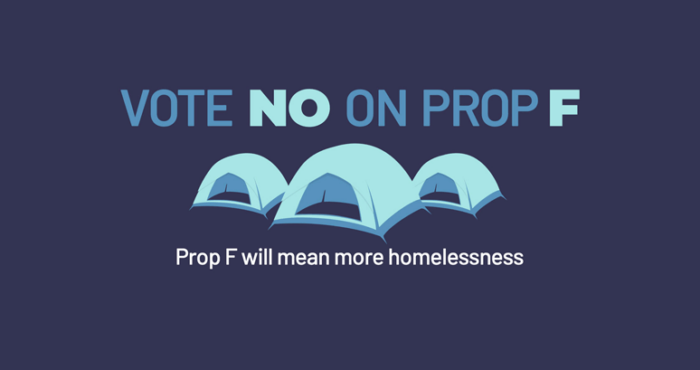Findings of a CDC Report Felt Locally
The Centers for Disease Control and Prevention (CDC) released reports and recommendations in December in response to the rising rates of overdose deaths in the United States finding that “more than 750,000 people have died since 1999 from a drug overdose.” For most of us, this comes as no surprise and only speaks to further the point of the services that we provide through SAS at SFAF, as well other harm reduction resources provided nationally.
The recommendations in the report serve as an outline for a response to the ever growing rates of overdose, and in some cases mirror SAS’s overdose prevention and response. Things such as increased access to Narcan, increased outreach, and partnering with the public health department to follow drug trends, which we are doing as a program. The report also captures the importance of safer consumption sites and the availability of drug testing — services SAS hopes to provide in the future.
Since the pandemic, SAS has continued to provide public health interventions and reach people who inject drugs. In December, SAS had 967 Narcan trainings — 50 more than November, a 6% increase. The community reported 698 overdose reversals. We served 4,387 across all of our SAS sites.
We hope acknowledgement from the CDC will further efforts to support the needs of our community in SF and lead to serve as an example of why we need comprehensive overdose response and prevention.
Senator Wiener Introduces the Recovery Incentives Act
California State Senator Scott Wiener introduced Senate Bill 110 on January 6. SB 110 legalizes and authorizes Medi-Cal to fund contingency management treatment, one of the only proven treatment methods for methamphetamines and other stimulants. Contingency management is an incentives-based substance use treatment practice where participants are given financial payments when they stop using a substance, which is confirmed through regular drug testing.
According to the San Francisco Chronicle, the San Francisco Department of Public Health reported a 500% increase in meth overdoses since 2008. SFAF has offered contingency management services for men who have sex with men through a program through a program call PROP (an acronym for Positive Reinforcement Opportunity Project). PROP has since expanded to invite any and all clients seeking treatment. Previous to the pandemic, PROP was meeting regularly at the 6th Street Harm Reduction Center. Since the pandemic, folks are still connected to PROP via phone and video conference. PROP is also available at the 6th Street Harm Reduction Center for individual check-ins on Friday evenings while using COVID-19 best practices.









